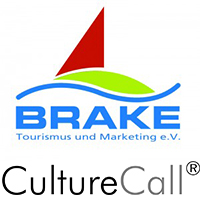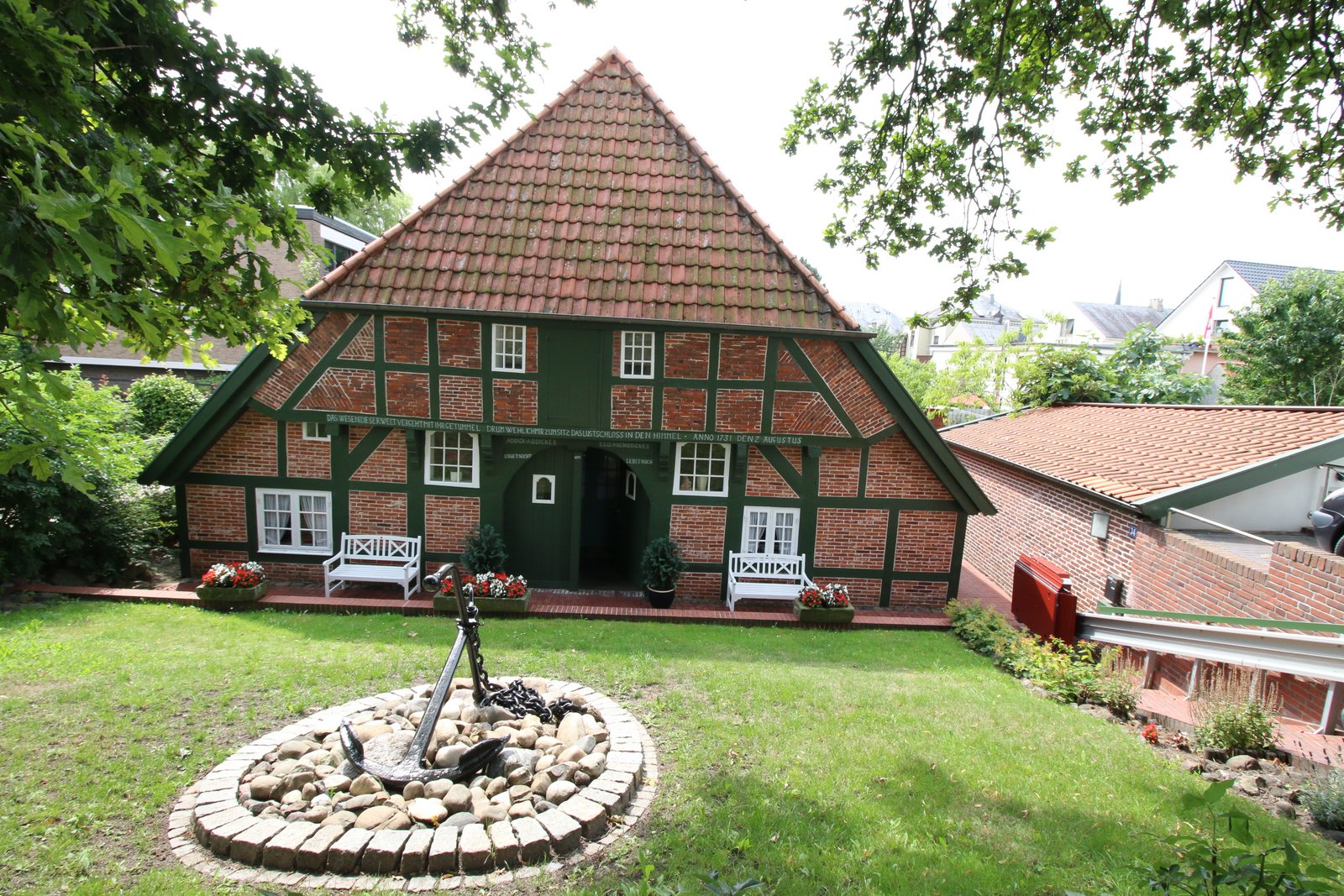
Bewerten
d73368f9-330f-47c9-a247-58eb157dfcd3|0|.0|96d5b379-7e1d-4dac-a6ba-1e50db561b04
In the middle of the 18th century, the first steps were made towards a municipally oriented settlement structure in Brake. In 1746, some 28 residential houses were documented in Brake. Craftsmen, merchants, fishermen, barge shippers and maritime pilots lived here. Among the latter war a man named Addick Addicks. In 1731, he and his wife Elisabeth commissioned the construction of the building now known as the “Fischerhaus” (“Fisher House”). It is one of the oldest houses in Brake, a so-called Low German Hall House. At the beginning of the 1990s, the house was painstakingly restored. In the meantime, the atmospherically charming rooms are often the settings of weddings. Additionally, Brake´s Heritage Society and the Association “Culture in the Fisher House” host concerts, small presentations and readings in the house.
The Pleasure Palace as Domicile
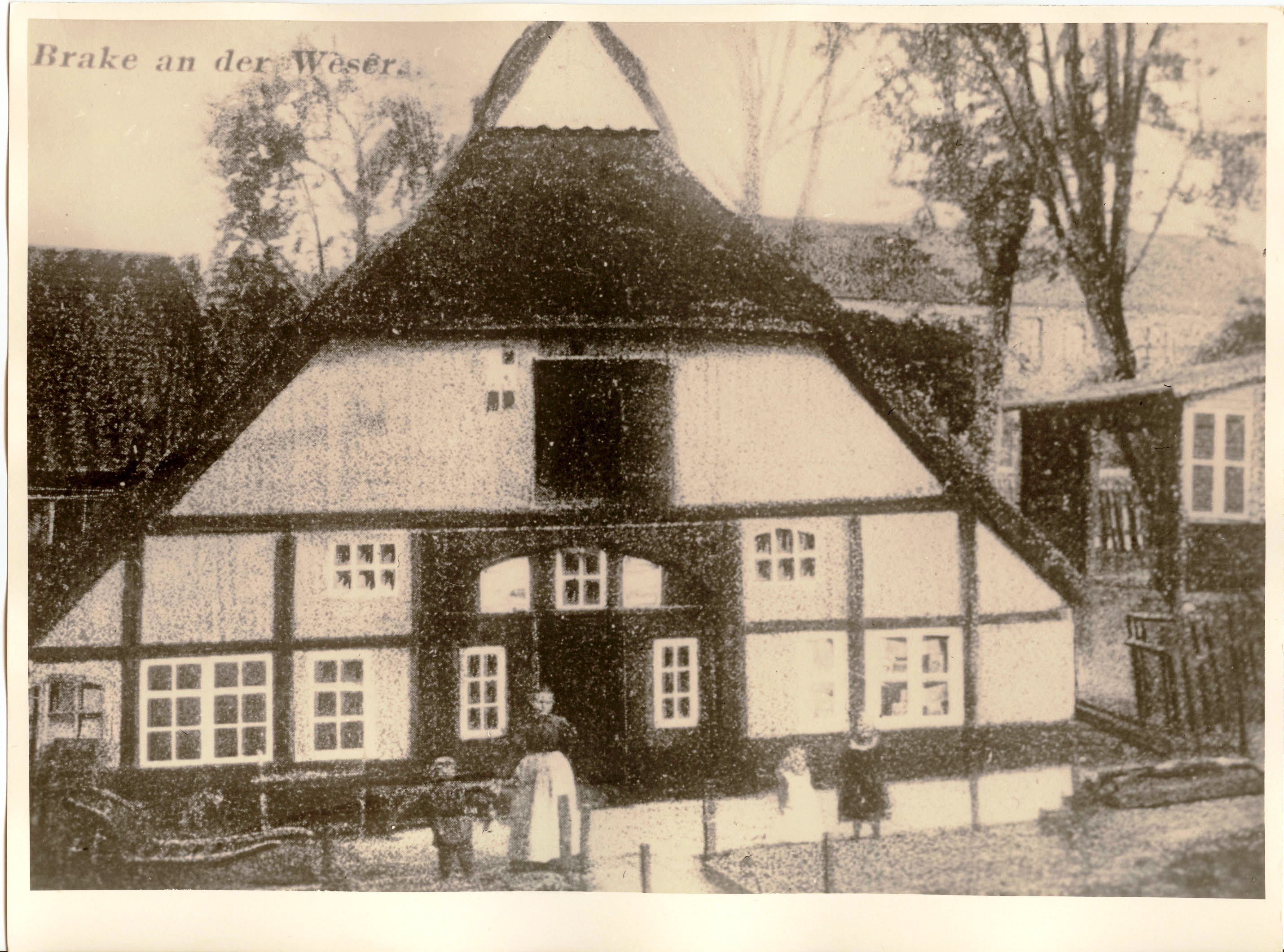 In the past there was a similar
In the past there was a similar
building right beside the "Fischerhaus".
The Mitteldeichstrasse is one of the oldest streets in Brake. As its name suggests, it was instituted in order to protect the old dyke. Accordingly, the oldest house type can be seen along this path: the Low German hall house. The “Fischerhaus”, a one-story timbered house with brick infills, was originally covered with reed and is the oldest remaining building in the inner city of Brake. The inscription on the gable states: “This world passes along with its turmoil, and that´s why I prefer to let this palace of pleasure grow into the sky – Anno 1731, the 2nd of August”.
In spite of the name of the house, “Fischerhaus”, the couple Addicks probably was not involved in fishing. In the 17th and 18th centuries, only a few families earned a living by fishing along the Weser, and it was a very difficult profession at the time. Keeping animals such as goats, sheep, cows and pigs and maintain a small garden often helped to supplement the meager earnings.
In the 18th century, in addition to the fishermen and the farmers, the first craftsmen, merchants, barge shippers and pilots settled along the banks of the Weser. Addick Addicks presumably belonged to the latter category.
Boom
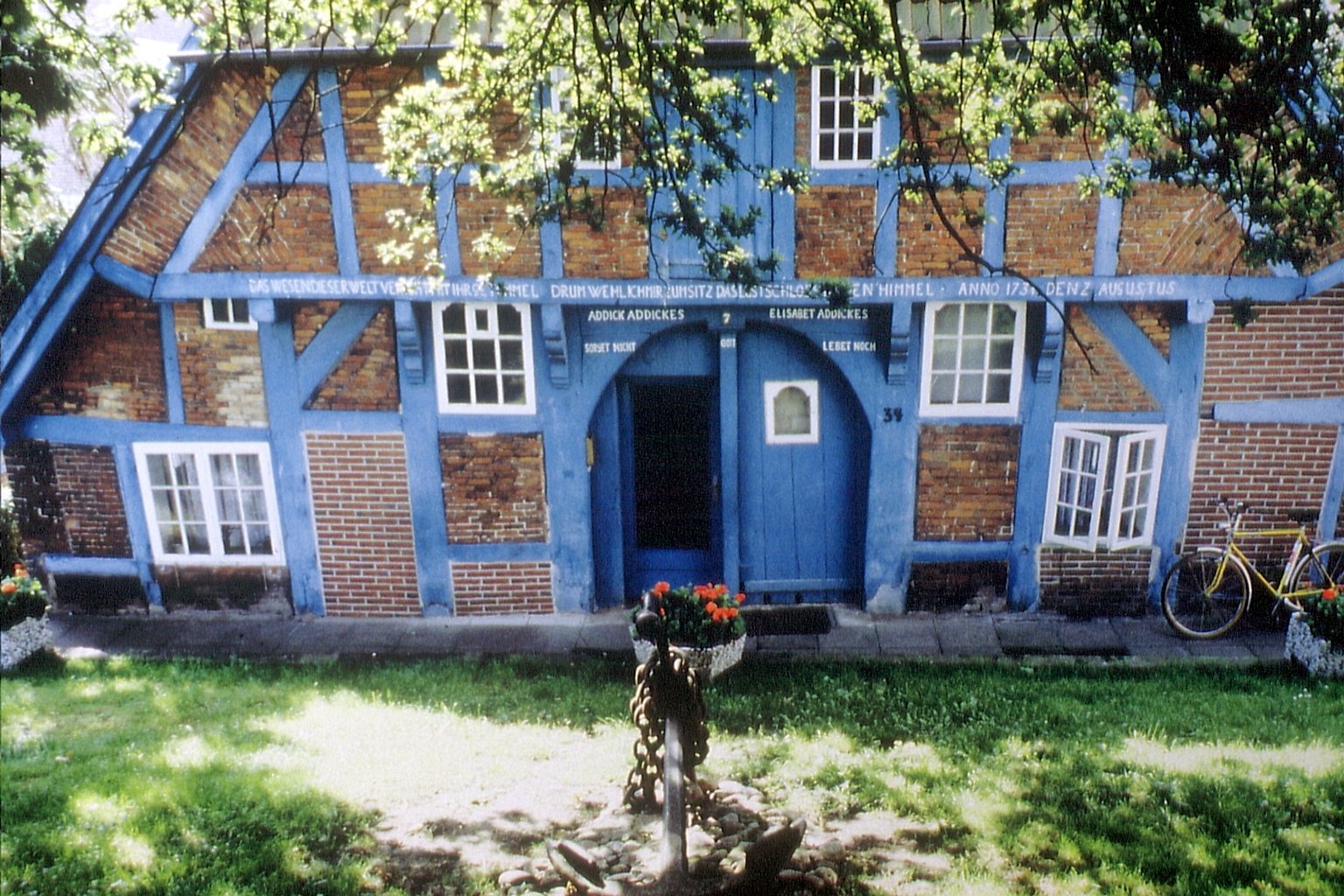 The "Fischerhaus"
The "Fischerhaus"
before the restoration.
In light of the methodical city planning inspired by the affordable land plots of the “New Facility”, the profile of Brake changed rapidly as of 1790. Merchants and service providers settled in ever-increasing numbers, the former settlement of modest size expanded incrementally into a city. In the immediate vicinity of the “Fischerhaus”, many examples of the economic boom of the can be seen. Among them are the Plassmann Villas located on both ends of the Mitteldeichstrasse as well as the Oltmanns Villa and other buildings, similar to the “Fischerhaus”.
Current Use
The “Fischerhaus” is now the domicile of the Heritage Association of Brake, founded in 1953. The Heritage Association organizes meetings and cultural events. Traditional dinners with herring and green cabbage as well as readings by Low German authors continue to be very popular here.
In 1995, The Cultural Association in the Fischerhaus was founded. It is aimed at preserving the cultural heritage of the house by offering a broad range of activities: concerts, cabaret, theater, readings and exhibitions. The atmosphere of the house is idyllic and intimate as well, allowing for a direct contact to be established between the performing artists, often national and even international guests, and the public. The location is also a preferred place for weddings.
Experiences in the museum
Tiled rooms such as found in the Fischerhaus were not rare in the past. One example of such a room can be found at Borgstede & Becker House. The room, with tiles from a farm in East Frisia, is a typical example of living culture in the North West German coastal areas at the end of the 18th century. Their style has been impacted by Dutch influences.
Maritime Museum - "Haus Borgstede & Becker", Breite Straße 9, 26919 Brake - Ground floor
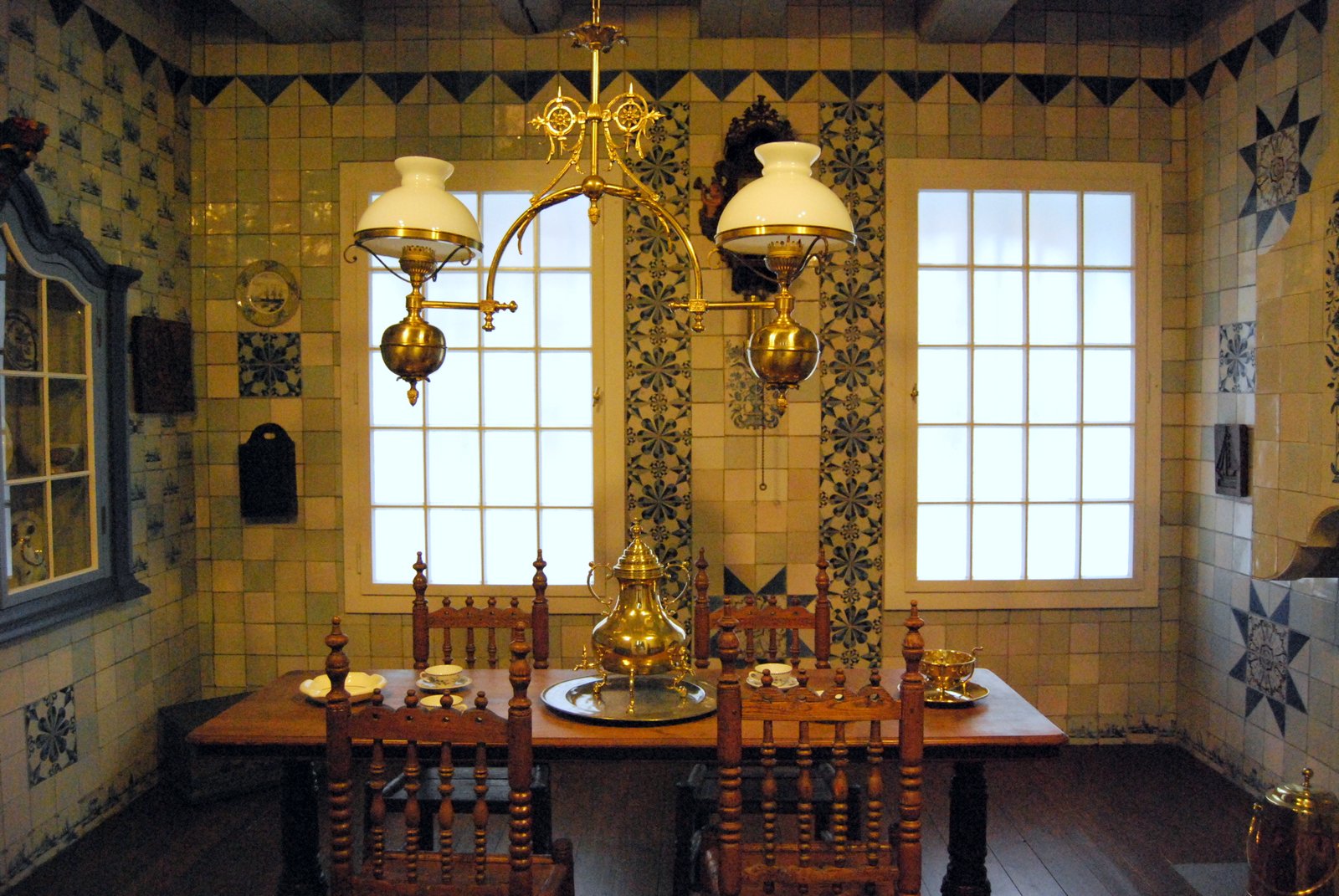
Weitere Informationen und Angebote
Culture Call: For this station, there is a CultureCall available, provided by BrakeVerein.
Click the logo to reach the entry, or call one of the following numbers and select Station 16.
German: +49 4401 / 102-102
Plattdeutsch: +49 4401 / 102-103
The society Kultur im Fischerhaus e.V. was founded in 1995 to conduct cultural events (cabaret, concerts, readings, theater) in the historic Fischerhaus and its unique atmosphere and make it accessible to a larger circle of culture enthusiasts.
Kultur im Fischerhaus
